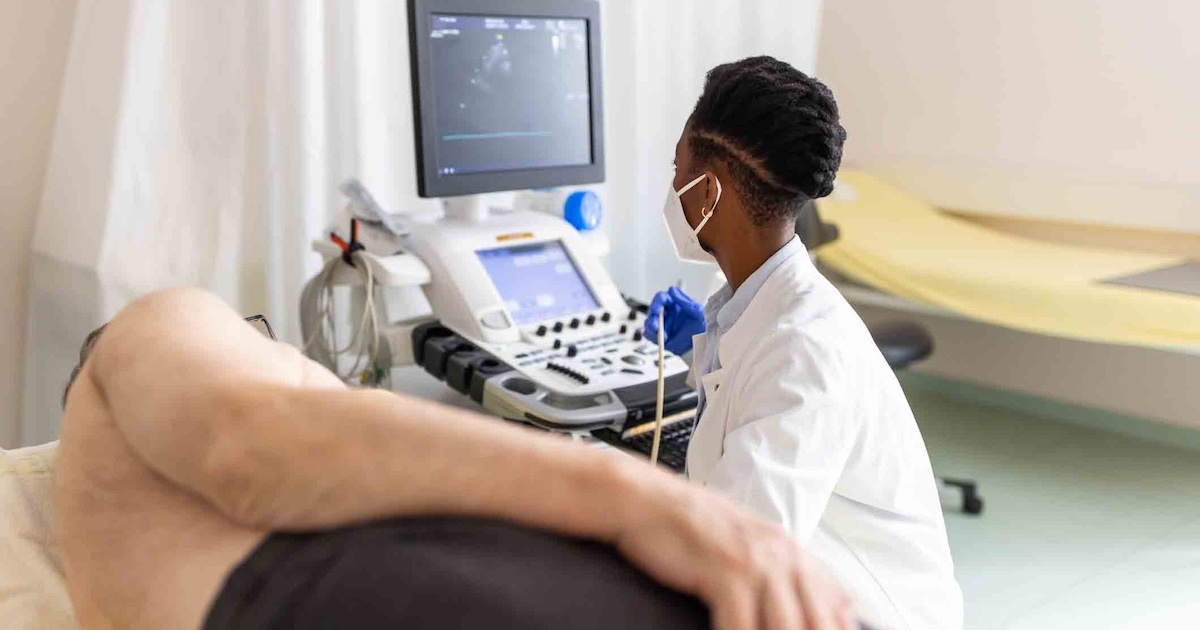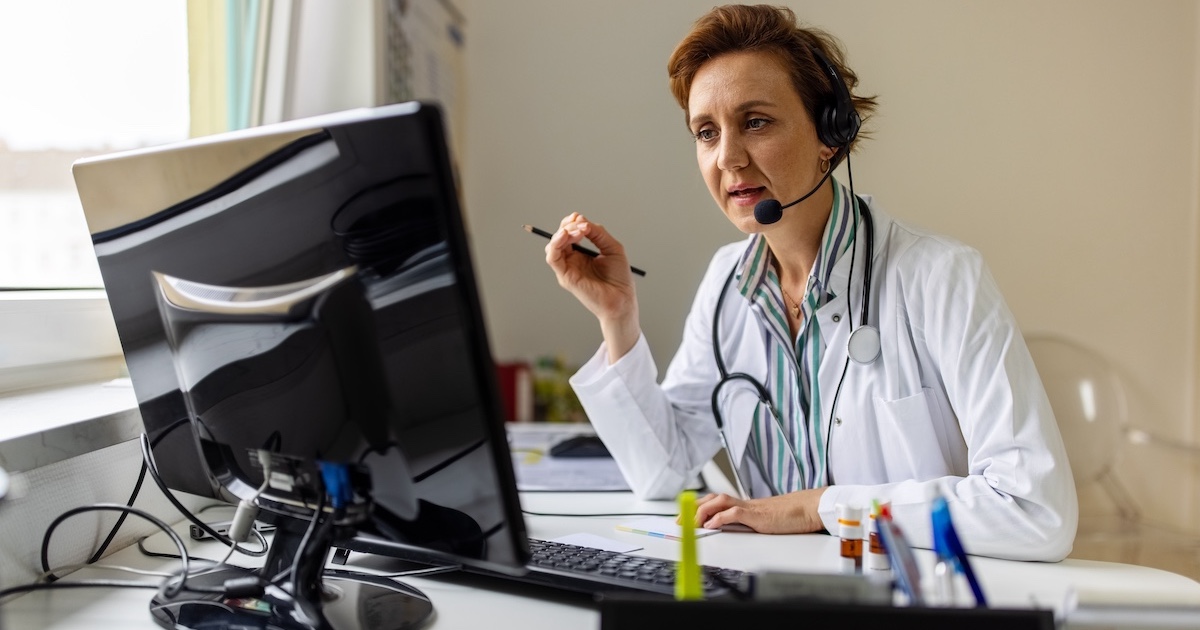One of the most prevalent trends in mHealth these days is the use of the smartphone as a diagnostic device. The development of clip-on sensors and apps – also known as lab-on-chip technology – has given mHealth advocates new tools to deal with everything from asthma to malaria.
The National Science Foundation is now targeting that trend with a $3 million grant to develop new treatments for three serious healthcare issues.
The NSF has awarded the five-year grant to Cornell University researchers who are investigating how mHealth can be used to detect and treat nutritional deficiencies, stress and HIV.
"We believe that the science and technology enabled by (the college's Public Health, Nanotechnology and Mobility, or PHeNoM) program will ultimately lead to widespread access to the wealth of health information obtainable from lab-on-chip technology," David Erickson, professor of mechanical and aerospace engineering at Cornell, said in a press release announcing the grant. "This could fundamentally alter the domestic healthcare landscape by enabling earlier stage detection of disease, reducing the cost of public healthcare delivery and allowing individuals to take better control of their own well-being."
(As an aside, when was the last time a professor of aerospace and mechanical engineering was mentioned in an mHealth news story? This goes to show how the field is reaching into other disciplines and working with unusual partners to achieve results.)
Cornell's PHeNoM program is working on the Nutri-Phone for nutritional awareness, a Stress-Phone for stress management and a Hema-Phone for monitoring viral loading in HIV-positive patients.
The first project of the three, the Nutri-Phone, consists of a smartphone accessory, a test strip and an app. The accessory attaches to a smartphone's camera lens to capture an image of the test strip with a blood sample. The image, transmitted to the app, enables the user to detect vitamin D deficiency.
"Almost everyone is deficient in vitamin D, but most people don't think about it," said Erickson, who leads the PHeNoM team of researchers from Cornell, Cornell Weill Medical College, Cornell NYC Tech, the University of California Los Angeles and the University of Maryland, in the press release. "If you could use your phone to see how deficient you are, you might be more likely to take a supplement, or get more sun."
Erickson said the Nutri-Phone may one day be used to detect other vitamin and nutrient deficiencies using "a novel gold nanoparticle-based immunoassay."
Of the other two projects, Erickson said the Hema-Phone is designed to read blood test strips to detect the viral load of HIV patients, while the Stress Phone will use the smartphone's microphone to measure stress level's in a user's speech.
Researchers say smartphone-based mHealth programs like those being developed by PHeNoM will be especially helpful in developing countries, where access to on-the-ground healthcare is limited but everyone seems to have a phone. Likewise, these types of tools can be deployed effectively in both rural and urban areas of the United States, to reach remote, low-income or at-risk populations who might not have access to or an interest in visiting hospitals or clinics.
Related articles:
Can smartphones really cut it as diagnostic tools?
mHealth vs. Big Brother: Is healthcare a right or a responsibility?
mHealth masters Q&A: Wireless-Life Sciences Alliance CEO Rob McCray


